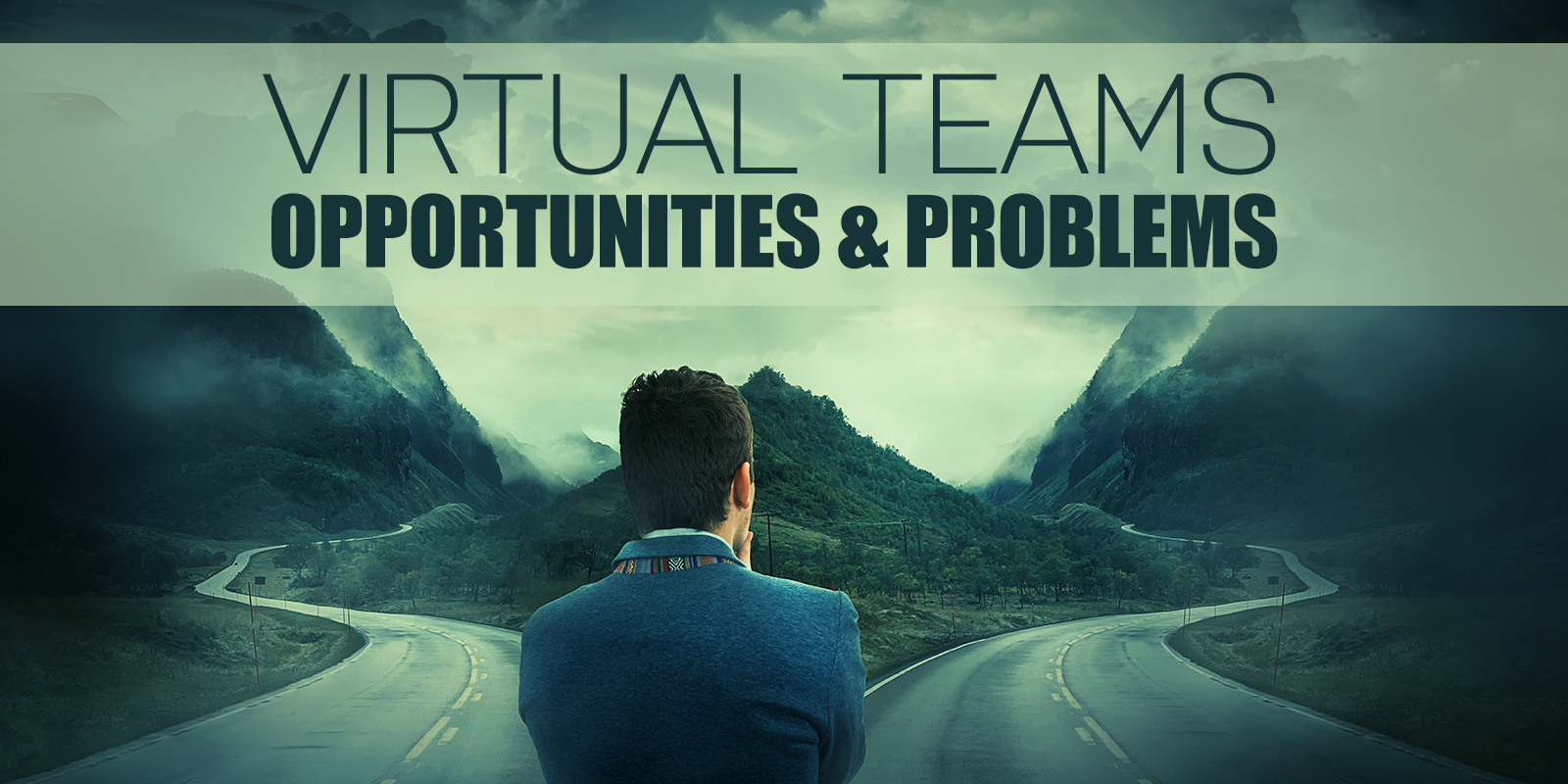
Virtual teaming promises amazing opportunities, but it can also create big problems. When employees don’t meet face-to-face, they sometimes hesitate to trust one another and collaborate. Flexible virtual teams, where team members come and go during different project phases, can struggle to locate important documentation and expertise when and where they need it.
Knowledge management (KM) can mitigate these problems and guide virtual teams toward successful collaboration. To learn how, I spoke with APQC’s Lauren Trees, principal research lead for knowledge management, and Cindy Hubert, executive director of client solutions.
Mercy Harper: What is KM’s role in engaging virtual teams?
Cindy Hubert: KM can provide a foundation for building and supporting a virtual team environment. KM’s role is to help virtual teams share and discover content, work better and more collaboratively, and help people transfer their knowledge and best practices. For that, you need a portfolio of approaches that cover the technology, people, and process elements of knowledge sharing.
Lauren: And if you have a face-to-face workforce and a virtual workforce, the virtual people can’t feel like they are second-class citizens. They can’t feel like they are getting subpar support from your knowledge sharing, collaboration, and productivity tools.
Cindy: Absolutely. So how can KM help with that? One of the biggest ways is to listen and observe. Join in virtual teams’ meetings to see how things are going and what the needs are. KM can also partner with business leaders to understand the challenges virtual teams face. Then, you can identify the KM approaches that will help teams be more productive.
Lauren: Over the last two decades, KM has learned how to be a conduit between IT and software vendors on the one side, and business people on the other. Business people don’t care how all the technology works; they just want to get work done and they want things to run seamlessly. On the flip side, techies don’t always understand how IT capabilities fit into and affect people’s work. Most knowledge managers are experts at fitting the right tools with the right business needs. You can take those translation skills and apply them to virtual teams and the digital workplace.
Cindy: Getting a little more tactical, one of the most important things KM can do is really simplify the way people participate in the knowledge sharing environment. Help them create a very simple rubric that says:
- How do I discover what I need?
- Who do I ask and where can I find it?
- How do I apply that information?
- How can I share what I’ve learned?
That simple process needs to be baked into the way teams think, the way they act, and the tools that support them.
Lauren: Knowledge managers can also get smart about how business processes, and the knowledge that flows through them, change in a virtual team environment. If you go virtual without thinking about what needs to change, it’s going to be a mess.
You only get so many opportunities to build trust. Trust between virtual team members is important, but so is trust in the process and trust in systems. Knowledge managers should help teams do process mapping and knowledge mapping on the front end. This lets them define how things work and what needs to change in a virtual environment.
It fascinates me how we know so much about change management, and yet how bad almost everyone is at it. And the more disruptive the change is, the more true that is. We underestimate the need to drive awareness, communicate about the change, explain what’s in it for people, and to teach people and give them support.
Cindy: We’re doing it now! Think about the word “transformation.” Whether that’s a digital transformation or a business transformation doesn’t matter, the word itself makes people think, “Oh, you’re going to disrupt how I work!”
KM can be a great steward of any change process. It can help organizations understand the basic needs that people have in terms of learning, being able to share, and being able to collaborate—all of which help build trust.
Mercy: What skills do knowledge managers need to engage virtual teams?
Cindy: Knowledge managers need to participate. Too often, we see KM programs get set up, push out tools and approaches, and then they don’t interact with the clients of those tools and approaches. You need to get out there to bring people on board and get them engaged.
Lauren: You need to be transparent and build in feedback loops to foster trust in a virtual environment. Think about consumer social media, where successful brands respond to every comment and question. You can translate that to the enterprise environment. If people are putting comments on content or tools, the KM team needs to make sure those comments are being addressed. Make it clear that the KM team is listening and responding.
Cindy: Knowledge managers need to have a lot of business savvy. You need to know what’s going on in your company. Are you going through a transformation? Will you need to make changes due to an acquisition? Are there large strategic initiatives coming up? KM needs to focus on what the business needs are and look at that through the lens of knowledge. Business acumen is a great skill for a KM leader.